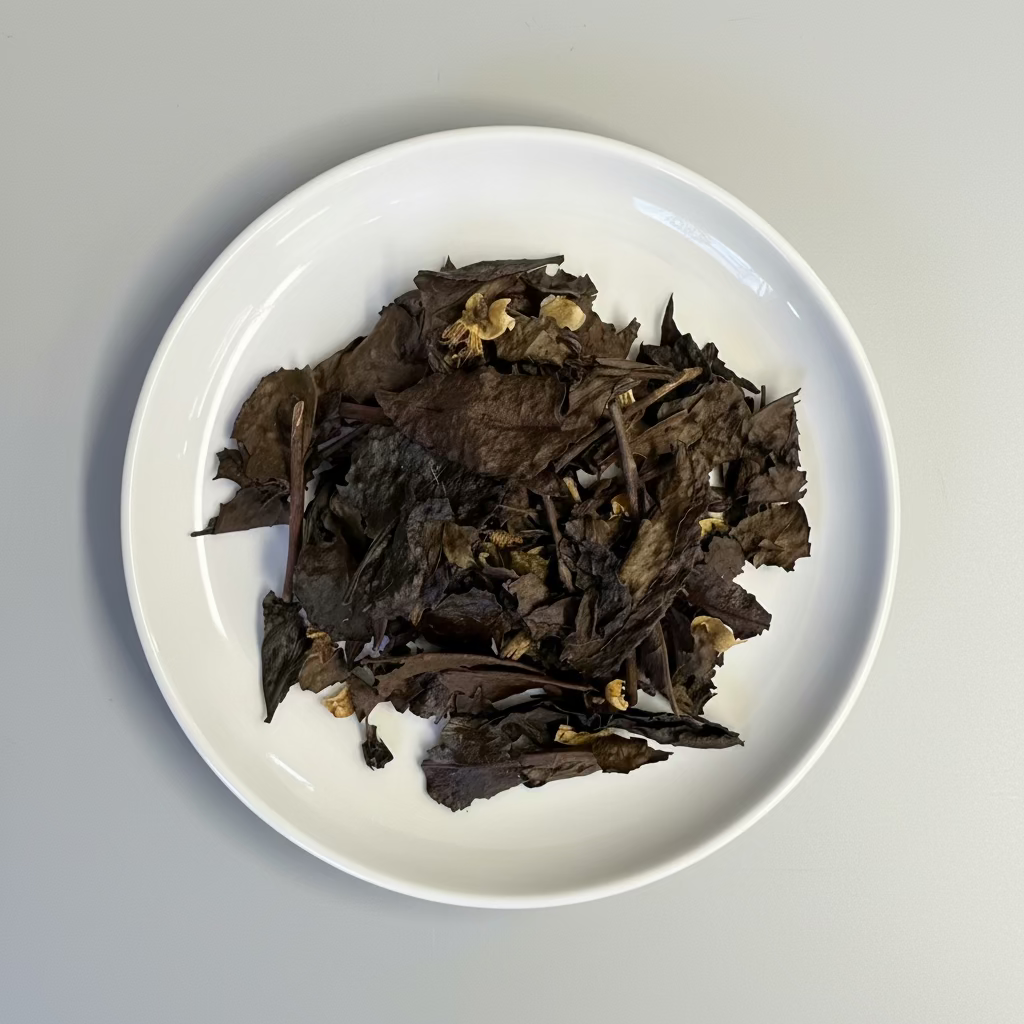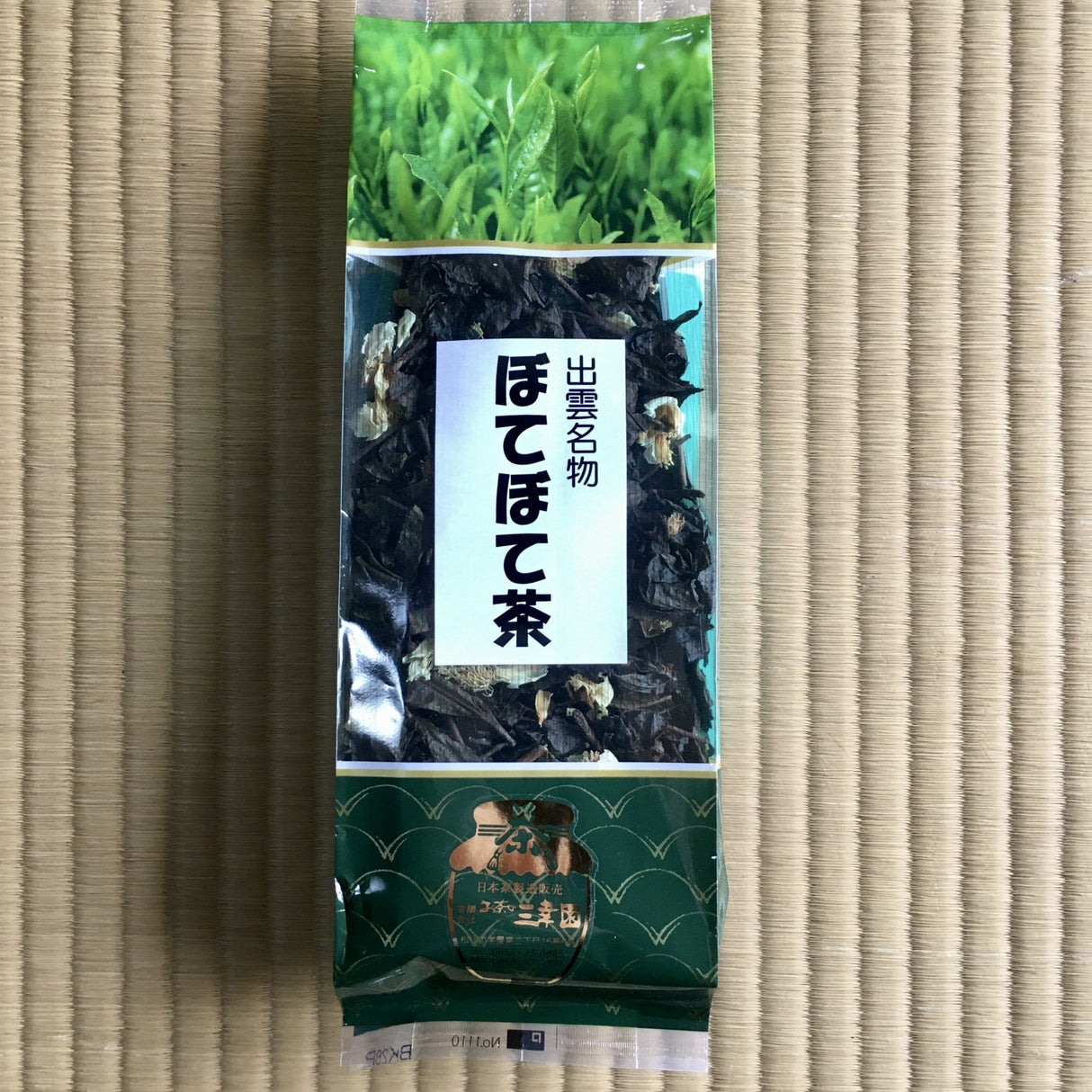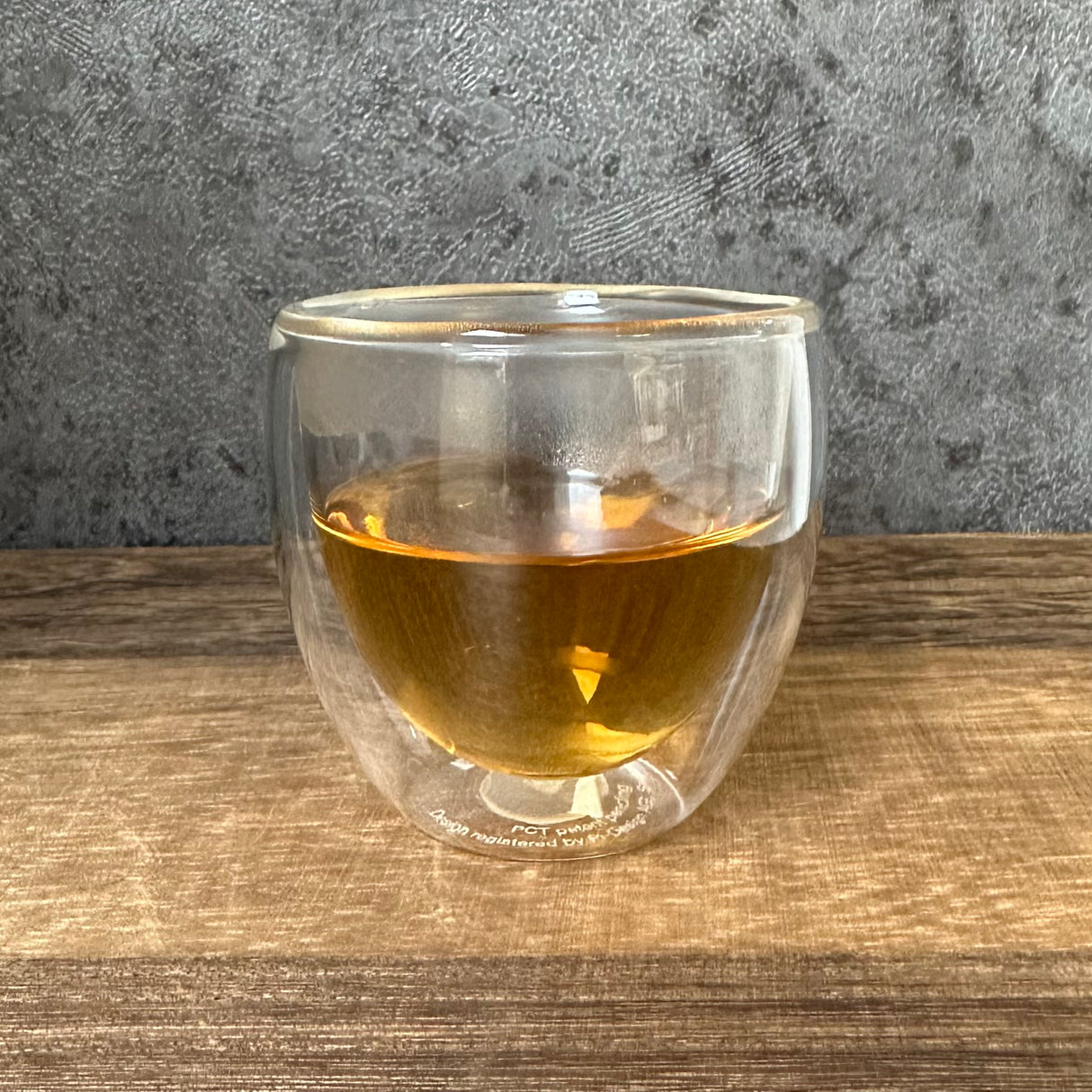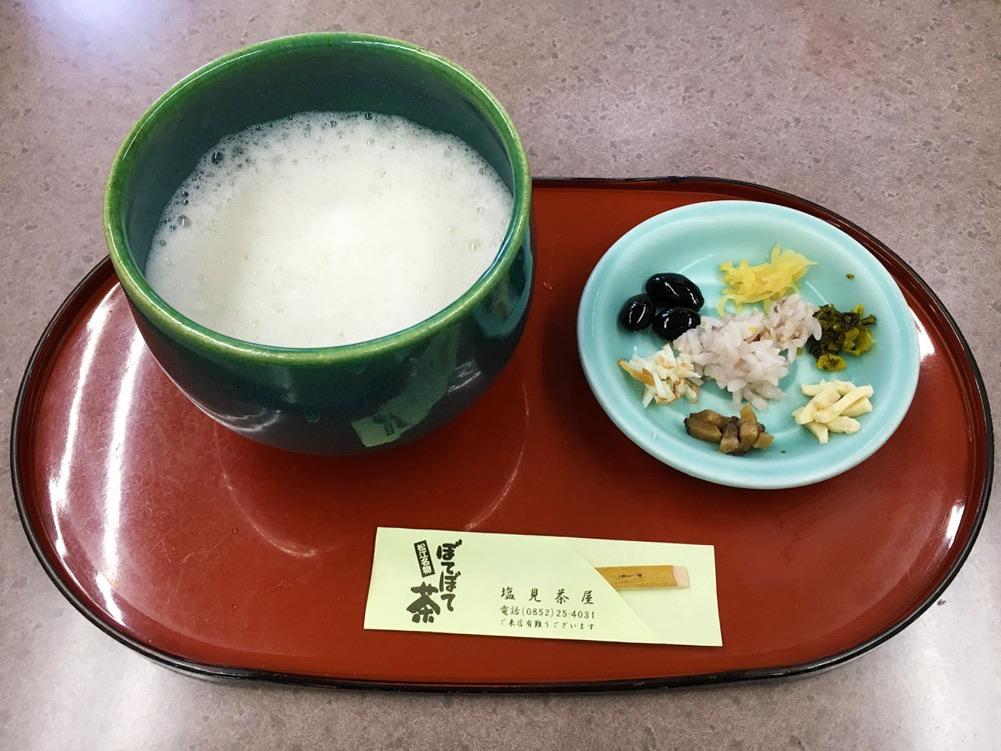#0532.S4 Botebotecha from Ocha no Sankoen, Shimane, Japan
#0532.S4 Botebotecha from Ocha no Sankoen, Shimane, Japan - 60g / 2.1 oz (Original Sankoen bag) <-- Procured on demand. PREORDER NOW. In general, 2-4 weeks required (some matcha may take 2-6 months). Repacking is possible if a larger size is available (1-2 weeks).
Couldn't load pickup availability
If item is out of stock, add it to your wishlist to be notified by email as soon as item can be purchased.
Shipping Methods & Delivery Guarantee
Shipping Methods & Delivery Guarantee
Shipping fees vary by country, courier, and method. Place items into your inventory and go to the CART page to see the shipping estimate calculator. For some countries, we may need to manually calculate fees after purchase.
YUNOMI.LIFE'S DELIVERY GUARANTEE: We guarantee delivery for all orders shipped by airmail with a tracking number. (Conditions apply. Exceptions when notified.) Occasionally, orders may require additional customs processing for import. We will aid you to the fullest extent of our ability. If your order does not arrive within ONE month from shipment due to no fault of your own, we will replace or refund your order at no extra cost. We reserve the right to refuse shipment if we think delivery to your address may be difficult. This guarantee does not apply if recipient neglects or refuses to pay customs fees & import taxes, neglects to retrieve an order held at a post office or distribution center, or if the order is not deliverable due to a wrong address. Yunomi.life's Delivery Guarantee does not apply to wholesale purchases.
Botebotecha is a traditional way of making tea by whisking brewed bancha tea leaves, wild chrysanthemum flowers, and sometimes other ingredients (okowa, boiled beans, rice mixed with red beans (sekihan), shredded kouya tofu and pickels) practiced in Matsue City, the capital of Shimane Prefecture. The tea flowers are said to contain sopamine and that helps create a large amount of foam.
This base provided by Shimane based Ocha no Sankoen is made with a roasted bancha blended with tea flowers.
Historically, it is said that the tea master and daimyo lord Harusato Matsudaira (1751-1818, known by his tea name Fumai) would make this as a snack when he went hawking. During a time of famine, Matsudaira told people to eat their scare food in this way to extend their rations. The name "botebotecha" comes from the sound of whisking vigorously.
Instructions: If you can get all the ingredients necessary to make this traditional folk tea, we have the tea itself for you here. Boil the bancha / tea flower mix in a kettle, and then allow to cool. Whisk it (very hard) with a bit of salt at the edges of the whisk until you get a bubble bath level of foam. Then you are supposed to mix the food into the tea, and let it settle so you can pour it into your mouth.
Teamona has a great photo of the whisked foamed tea here (see her instagram here and a few other photos of botebotecha on instagram here).
Traditional Instructions
We will be exploring our own steeping methods with this tea since the traditional way of drinking may be difficult for most people.
- Place the tea into a kettle with water and bring to a boil.
- After it cools, pour into a bowl.
- Use a long chasen (bamboo whisk) with the tips dipped in salt, and whisk vigorously until it foams.
Alternatively as tea: 3g / 1 min / 90C (195F) / 200 ml
Japanese Version:
- ぼてぼて茶の茶葉を土瓶に入れて煮立てます
- 少し冷ましたものを茶碗にそそぎます
- 長めの茶筅の佐紀に塩をつけて泡立てます
Product Info
- Ingredients: Green tea (roasted bancha), tea flowers
- Region: Shimane Prefecture
Producer Info
- Producer: Sankoen
- CEO: Masaya Oshima
- Established: 1984
- Employees: 13
- Family business, factory
- Certifications: ISO22000 (2016/7/27)
-
RegionShimane - 島根県
-
Vendor TypeFarm
Payment & Security
Payment methods
Your payment information is processed securely. We do not store credit card details nor have access to your credit card information.









